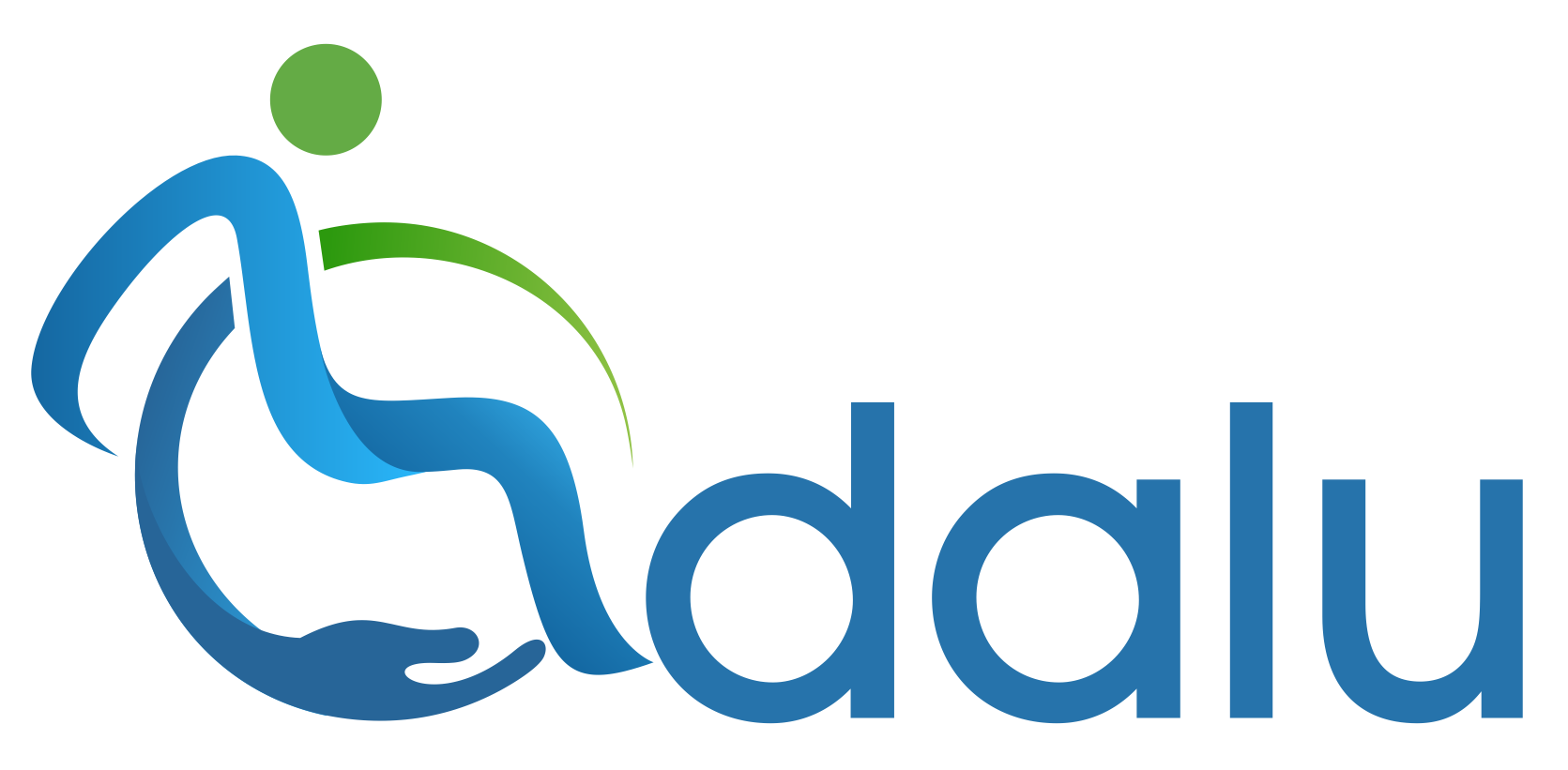Introduction
Physical activities and sports play a crucial role in the development and well-being of all children, including those with disabilities. Engaging in physical activities not only improves physical fitness but also enhances cognitive skills, social interactions, and self-confidence. In this blog post, we will explore the importance of promoting physical activities and sports for specially-abled kids and provide insights into creating an inclusive and supportive environment for their participation.
The Benefits of Physical Activities for Specially-Abled Kids
Physical activities offer a wide range of benefits for specially-abled kids, including:
- Physical Fitness: Engaging in regular physical activities promotes overall health, strengthens muscles, improves coordination, and enhances cardiovascular endurance.
- Motor Skills Development: Participation in sports and physical activities helps develop fine and gross motor skills, balance, and spatial awareness.
- Emotional and Social Well-being: Physical activities provide opportunities for social interaction, team building, and developing friendships. They also boost self-esteem and improve mood by instilling a sense of accomplishment and belonging.
- Cognitive Development: Physical activities stimulate cognitive functions such as problem-solving, decision-making, and concentration. They can also enhance memory, attention, and creativity.
Creating an Inclusive Environment
To promote physical activities and sports for specially-abled kids, it is essential to create an inclusive environment that accommodates diverse needs and abilities. Here are some key considerations:
- Accessible Facilities: Ensure that sports facilities, playgrounds, and recreational areas are accessible for children with mobility impairments, such as wheelchair ramps, handrails, and appropriate surfacing.
- Adaptive Equipment: Provide adaptive equipment and assistive devices tailored to individual needs, such as modified sports equipment, wheelchairs, or sensory-friendly equipment.
- Trained Staff and Coaches: Train staff and coaches on inclusive practices, disability awareness, and strategies for adapting activities to accommodate various abilities. They should have a good understanding of disabilities and be skilled in providing appropriate support and encouragement.
- Individualized Approaches: Recognize that each child has unique needs and abilities. Tailor activities and sports programs to accommodate diverse abilities, ensuring that modifications and adaptations are available to enable participation.
Promoting Inclusive Sports and Activities
- Variety of Options: Offer a range of sports and activities to cater to different interests and abilities. This can include wheelchair basketball, adaptive swimming, goalball, para-athletics, yoga, or dance. Provide choices that allow children to explore and find activities they enjoy.
- Inclusive Team Sports: Encourage participation in inclusive team sports where children with and without disabilities can play together. This fosters teamwork, cooperation, and mutual understanding.
- Peer Support and Mentoring: Promote peer support programs where typically developing children can act as mentors or buddies to specially-abled kids, offering encouragement, guidance, and friendship during sports activities.
- Awareness and Education: Organize awareness campaigns and workshops to educate the community, parents, and schools about the importance of inclusive sports and physical activities. Encourage acceptance and foster an inclusive culture that celebrates diversity.
Conclusion
Promoting physical activities and sports for specially-abled kids is essential for their overall development, physical fitness, and social well-being. By creating an inclusive environment, providing accessible facilities, adaptive equipment, and trained staff, we can ensure that all children, regardless of their abilities, have the opportunity to participate and benefit from physical activities. Let us work together to break down barriers, raise awareness, and create inclusive opportunities that empower specially-abled kids to lead active, fulfilling lives through sports and physical activities.



